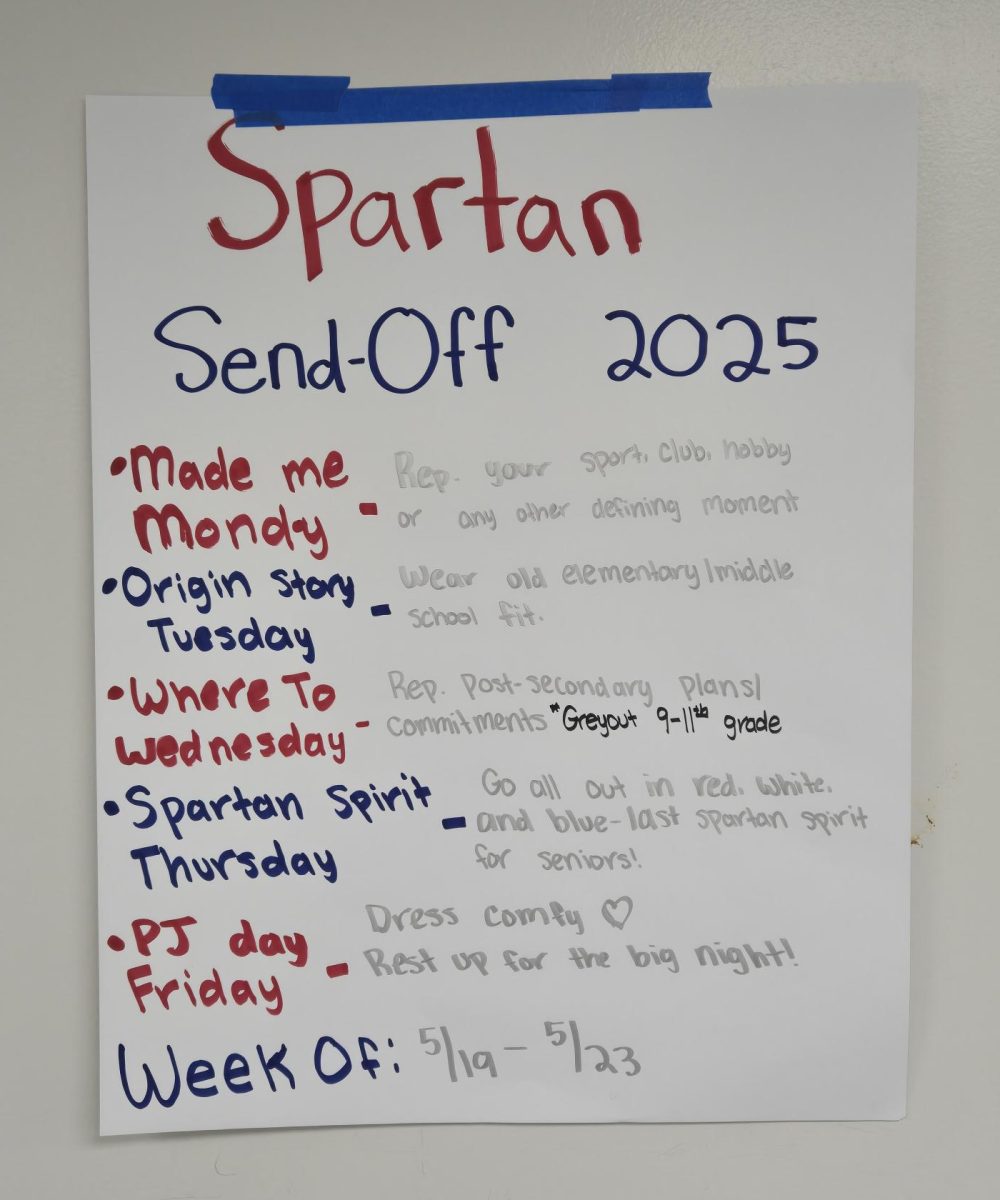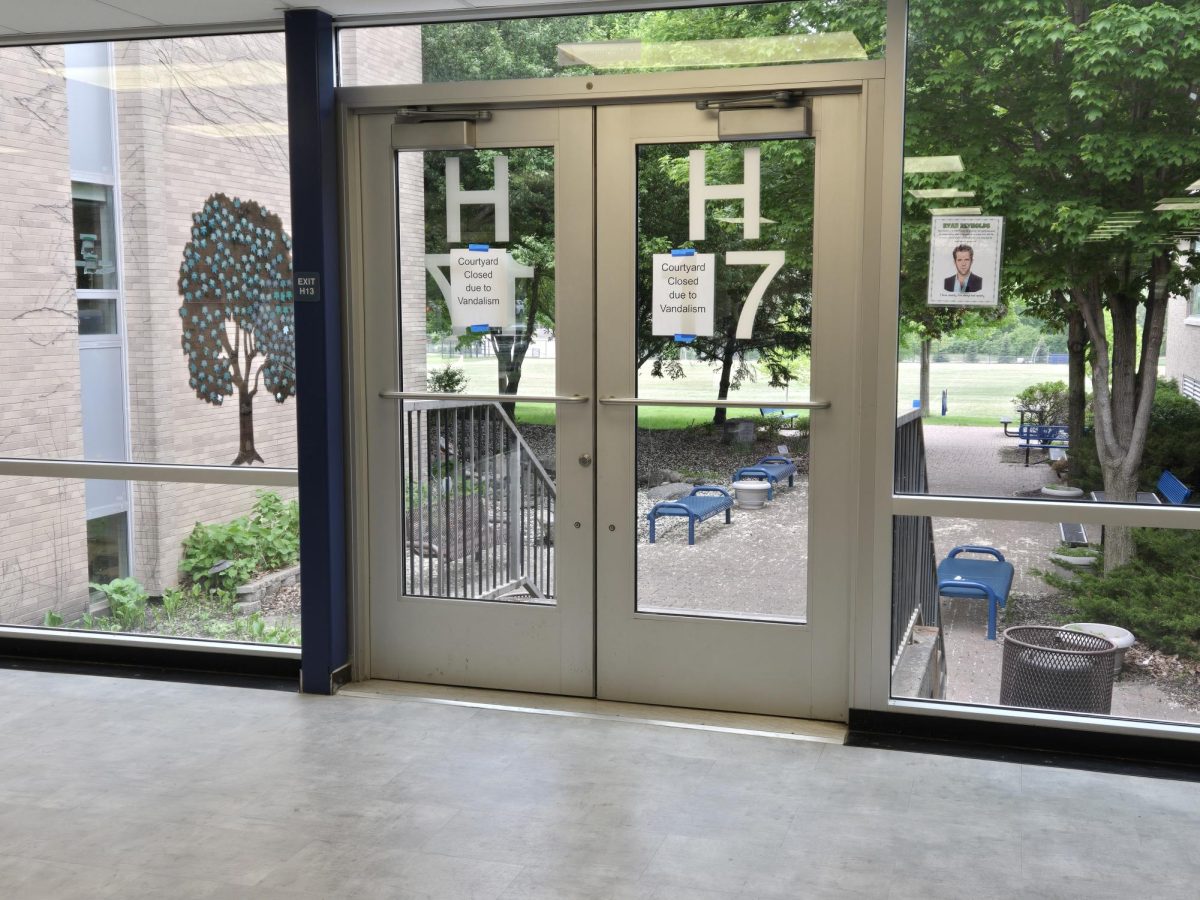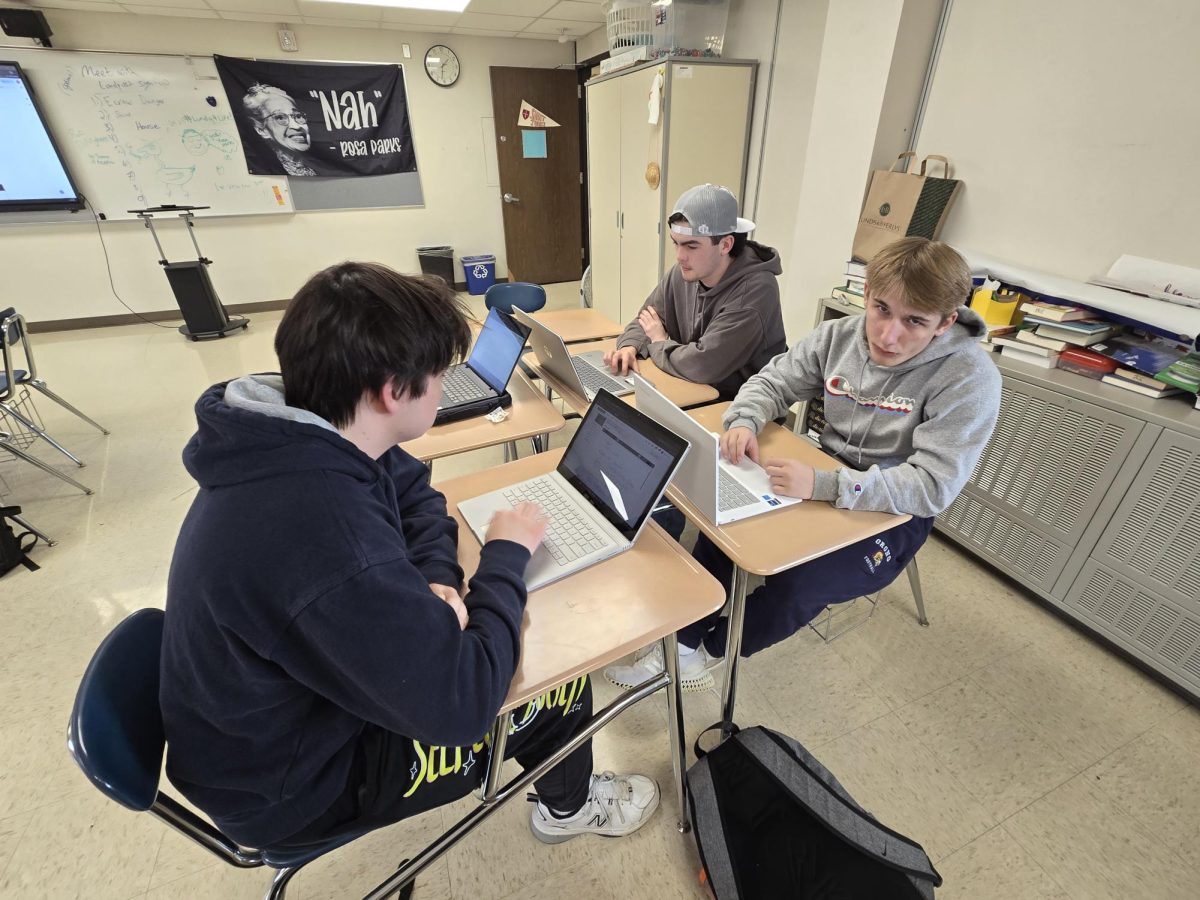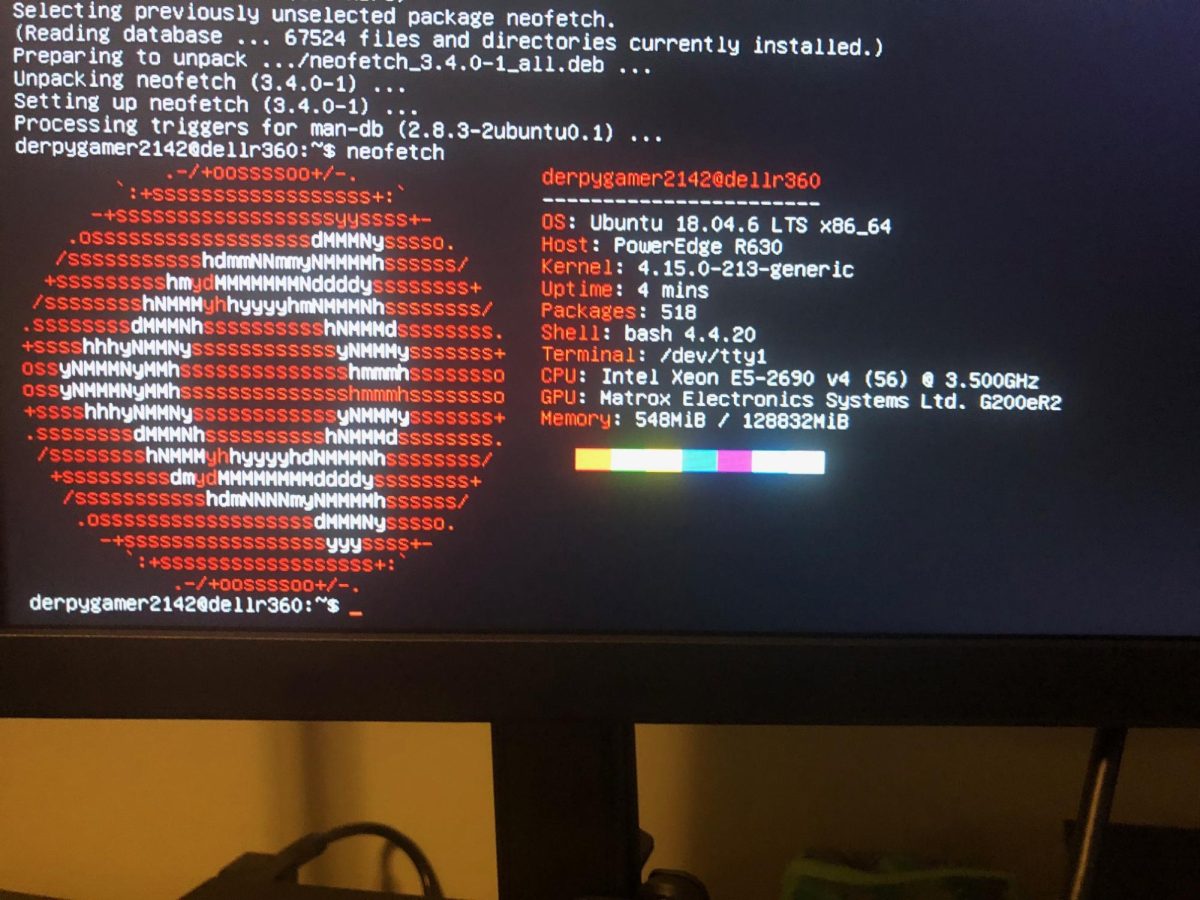Procrastination and how it’s affecting students’ stress levels
Photo/ Flikr
Procrastination is something that all students encounter, so developing tactics to overcome procrastination is crucial for academic success.
January 17, 2020
In a survey of 1,300 high school and college students, 87 percent said they procrastinate and that it affects their performance, according to StudyMode, an app that was created to help students in the United States be successful in school. Students admitted that they procrastinate because they are too busy and don’t have the time or they just don’t want to do the assignment. Studies show that students who procrastinate are more likely to have higher stress levels than students who don’t procrastinate.
“There is a fine line of if I’m not stressed enough, then I don’t do it but if I’m too stressed then I don’t do it. So if I procrastinate too much I get too overwhelmed,” junior Garrett Pesch said.
High-stress levels can lead to many things including the decline of mental health and in physical health.
“Since students are procrastinating their homework off to the last minute they have a huge stack of for one night and it ends up with them staying up late to finish homework they aren’t getting enough sleep and they barely can function,” math teacher Kristen Frey said.
Teenagers need 8-10 hours of sleep a night to function best, according to the National Sleep Foundation (NSF). A study surveyed by the NSF found that only 15 percent of students get eight and a half hours of sleep during the school week.
“Stress causes a physical change in your body and that kind of illness inside of you can trigger so many other things,” Frey said.
Frey, English teacher Kelsie Balon and English teacher Kyle Herring said they recommend students have a planner to keep themselves organized so they complete assignments on time. Other suggestions were to meet with teachers to help get a start on certain assignments and to use the time before school, after school, during Spartan Hour and study halls to get extra help.
“Sit down with the teacher. I would go talk to my professor and say ‘I need help getting started on this,’ and they would show me where to begin. I will sit down with students in class to give them in class deadlines I’m going to come back and check in ten minutes and I will expect that the deadline is met,” Balon said.
Other teachers said that they want kids to come in even if they know what they are doing so that the students can be in a safe space to ask as many questions as they want for clarity.
“My tips for stopping procrastination are don’t hang out with people that you know will distract you. For example, doing homework with people I work with doesn’t work. Or go to a coffee shop like Caribou or Starbucks. That really helps me focus to help get my work done,” junior Ashley Hemstock said.
Some tips from Current Health Teens include turning off your phone, estimating how long the assignment will take and to work like the worst possible outcome could happen. Relying on a role model to hold yourself accountable can also be extremely beneficial.
Students are all different and people process things in different ways. It all depends on the student. Some students automatically have certain skills that make it easier than others. The workload typically does not have an impact on procrastination as it can vary from student to student.
“I don’t think there’s a set formula. I have worked with people that have to do everything in a certain way. They have a list and they have to cross stuff off and rewrite the list and move things aroune,” student counselor Shana Borgen said.


























































